Keynote Speakers
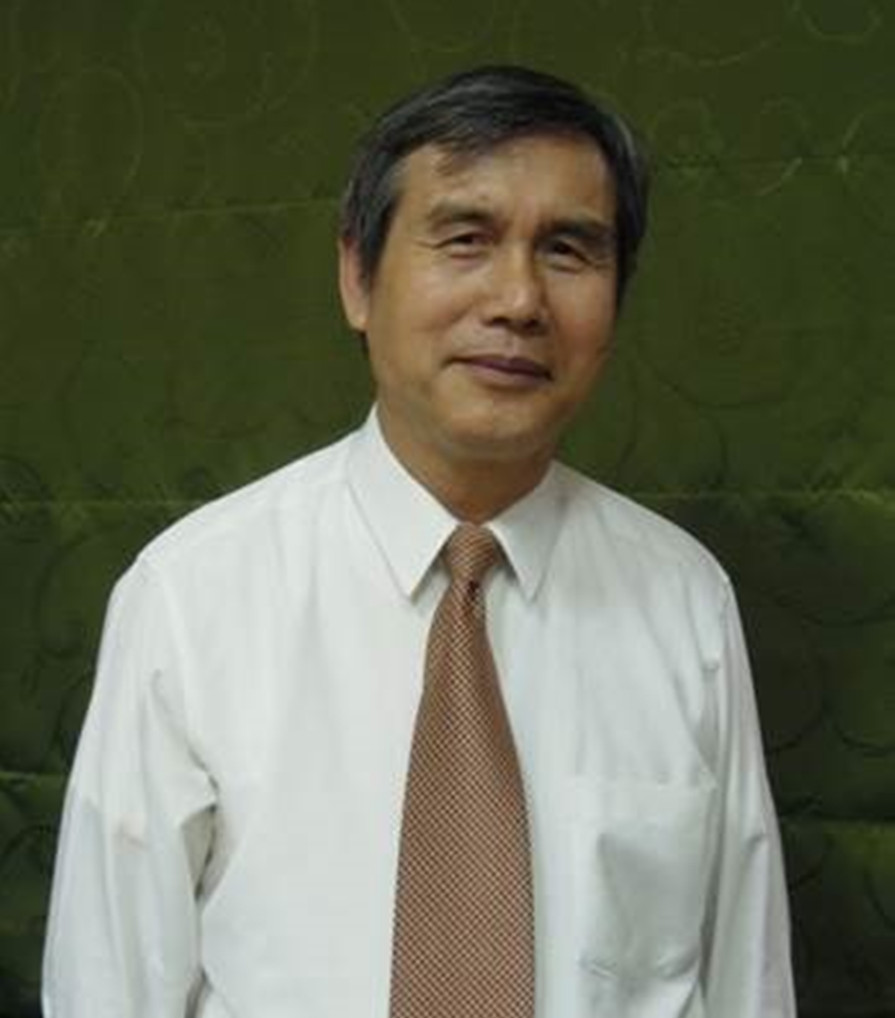
Professor Jon-Chao Hong
National Taiwan Normal University, Taipei, Taiwan
Jon-Chao Hong has received his doctoral degree in
Education from the University of Illinois,
Champaign-Urbana, and is currently working as a
Chair professor in the department of industrial
education at National Taiwan Normal University
(NTNU). As the director of Digital Game-based
Learning Laboratory (GBL), he has developed 9 web
games, 24 educational Apps and VR for skill training
and language learning.
As the secretary general of Taiwan Creativity
Development Association, he also organizes several
creative contests relevant to STEAM, such as
PowerTech Contest to invite elementary, junior and
senior high school students to produce robots or
miniatures in the morning and using these to compete
in the afternoon to ensure students’ hands-on
creation without parents or teachers’ assistance. As
the executive secretary of International Exhibition
for Young Inventors (IEYI), he also promotes the
innovative contest to give students an opportunity
to stimulate their science inquiry abilities, and
also cultivated students’ creativity and thinking
attitude of STEAM. In addition, he has published a
number of academic articles in international
journals related to digital game-based learning and
thinking skills and creativity about 45 articles on
Social Sciences Citation Index (SSCI) journals and
received the Outstanding Research Prize from
Ministry of Science and Technology in Taiwan.
Applying AIoT to Design Games for Enhancing Social Interaction in Learning with Fun
Abstract:
Fun and learning can be viewed as two ends of a
continuum. At the extreme of fun, players will not
learn; on the other hand, at the extreme of
learning, there is no fun created by the game
design. To balance fun and learning, it is necessary
to create various interaction approaches, for
example, playing a game with collaborative and
competitive elements involving social interaction.
In line with this, we apply AI and the Internet of
Things to design educational games. AI technology
can be divided into two aspects: discriminative AI
and generative AI, while the Internet of Things
(IoT) can be achieved by using Wi-Fi. By combining
AI and IoT, we develop games to enhance learning
through social interaction. Up to date, we have
developed three types of human-device interfaces,
including moving virtual Easter Island monoliths by
three persons in rhythm-based collaboration;
competitive butterfly catching; and language
learning (e.g., Chinese idioms, radical assembly,
and English vocabulary) by fishing for characters or
letters. Most judgments on correct answers are made
using discriminative AI, but in fishing for English
words, the device can generate vocabulary meanings
if players randomly string together letters and do
not understand the resulting words. Additionally,
there are two types of human-device interaction in
this game: one is to tilt the smartphone or iPad to
control the cursor, and the other is to slide the
cursor to interact with the targets; the latter is
particularly suitable for novices in digital game
playing (e.g., some elderly). Moreover, the design
of AIoT also supports remote and collaborative
gameplay from a distance.
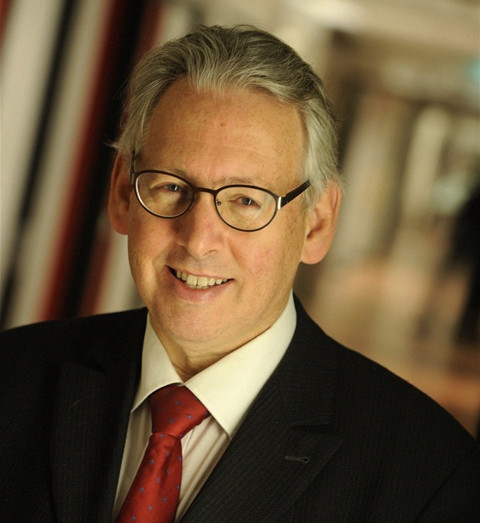
Professor Jeffrey S. Cross
Institute of Science Tokyo, Japan
Jeffrey is a
professor, manager, and researcher, who has worked
in Tokyo, Japan for 30 years. He teaches courses on
academic writing, materials engineering, edX online
course development, educational video-making and
engineering measurements. He is the founder and
general manager of Tokyo Tech's online education
development, which produces online courses hosted on
edX. He also develops online courses and monitors
online course quality using learning analytics.
Prof. Cross' lab has 20 grad students and staff that
undertake cutting edge research on renewable energy
policy, biomass waste to energy conversion, hydrogen
separation and storage, novel catalysts, machine
learning applied to chemical reaction engineering,
AI and VR/XR use in education, explainable AI and
environmental toxicology.
Research-Driven Online Learning on edX: Twelve Years of Course Development and Academic Capacity Building
Abstract:
Over the past decade, online learning has evolved
into a core component of higher education
infrastructure. This keynote presents a twelve-year
research and development perspective on online
learning conducted through edX, drawing on
peer-reviewed publications, institutional data, and
sustained course development practice. Beginning
with the establishment of an online education and
development office at Tokyo Tech in 2014, this work
examines how research-driven instructional design,
learning analytics, and iterative course improvement
support the development of scalable, high-quality
online courses in science and engineering education.
Massive Open Online Couses (MOOCs), began in 2012
and later evolved into micro-credentials and online
degree programs, reached a critical inflection point
during the COVID-19 pandemic. This period shifted
online learning from a strategic option to an
operational necessity, clearly distinguishing
emergency remote teaching from research-informed
online course design and reinforcing the importance
of structured learning design, aligned assessment,
and systematic instructor preparation.
The talk synthesizes empirical findings related to
learner engagement, course design, assessment,
instructional video production, and learning
analytics, and discusses how these results informed
edX course development before, during, and after the
pandemic. In parallel, the presentation addresses
academic capacity building as a foundation for
sustainable online education. Over this period, more
than 200 teaching assistants and approximately 20
course instructors were trained through structured
programs supporting edX-based course development and
educational technology adoption.
By integrating research outcomes, course
development, and capacity building, this keynote
frames online learning as a research-informed
educational system aligned with advances in
education and information technology. The annual
AEIT conference is a valuable venue for
disseminating mature research, while a complementary
English-language online forum is proposed to provide
periodic research presentation opportunities for
graduate students across Asia. The talk concludes by
addressing the rapidly expanding role of generative
artificial intelligence in educational technology
and outlining future research opportunities in
learning design, assessment, and academic capacity
building.
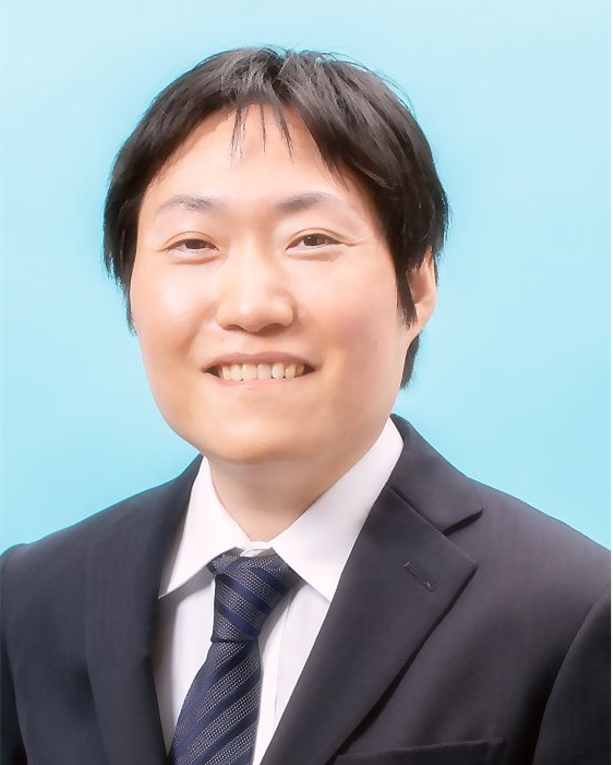
Associate Professor Mitsunori Hirogaki
Kyushu University, Japan
Mitsunori Hirogaki graduated with a Bachelor of Science: Commerce from Doshisha University and pursued his Master's Degree in Commerce and Ph.D.: Commerce from Kobe University. Dr. Hirogaki is currently an Associate Professor of Marketing Strategy at Kyushu University, Graduate School of Economics, Department of Business and Technology Management (QBS Business School), where he teaches Marketing Strategy and International Marketing. He also teaches marketing research and consumer behavior at Ehime University.
He has served as an administrator in various capacities at Kyushu University and as one of the professors in various training programs dealing with Marketing in short-term executive programs, an Introductory Education Program for Freshman MBA students, and a regular feature on QTnet "Morning Business School" radio educational program aired by FM Fukuoka, and at Nikkei Business School. As a member of a research group at the Center for the Study of the Creative Economy (Doshisha University), he works with big data analysis to construct systems that identify seeds of innovation. Dr. Hirogaki’s current research focuses on Cross-Cultural Consumer Behavior in international marketing and marketing strategies in mature, developed societies.
He has published numerous papers in international journals such as Journal of Marketing Management; International Journal of Retail & Distribution Management; International Review of Retail, Distribution and Consumer Research; International Journal of Entrepreneurship and Small Business; Micro and Macro Marketing; International Journal of Technology Transfer and Commercialisation; and International Journal of Business and Globalisation. He is a member of the Japanese Economic Association, Japan Society of Marketing and Distribution, Kyushu Association of Economic Science, and Japan Association for Consumer Studies.
Trust-by-Design in HR Marketing: Promoting Clarity, Fairness, and Human Dignity in AI-Driven Decision-Making
Abstract:
Artificial intelligence is reshaping evaluation
processes in professional and educational contexts.
Although AI-generated decisions offer greater speed
and accuracy, they often face skepticism. Unclear
evaluation criteria can lead to anxiety and
discomfort among individuals.
This keynote presents findings from Japanese
workplaces based on empirical research and employee
feedback. It examines the factors contributing to
employee resistance toward AI-based evaluation and
identifies conditions that promote acceptance. The
discussion focuses on three themes: fostering
psychological safety, building trust through
transparency and fairness, and ensuring ethical
governance to uphold human dignity.
The presentation employs accessible language and
synthesizes key findings to support education and IT
researchers, practitioners, and policymakers in
facilitating discussions on AI-based evaluation. It
emphasizes considerations beyond performance,
including understanding, fairness, and respect.
Invited Speakers
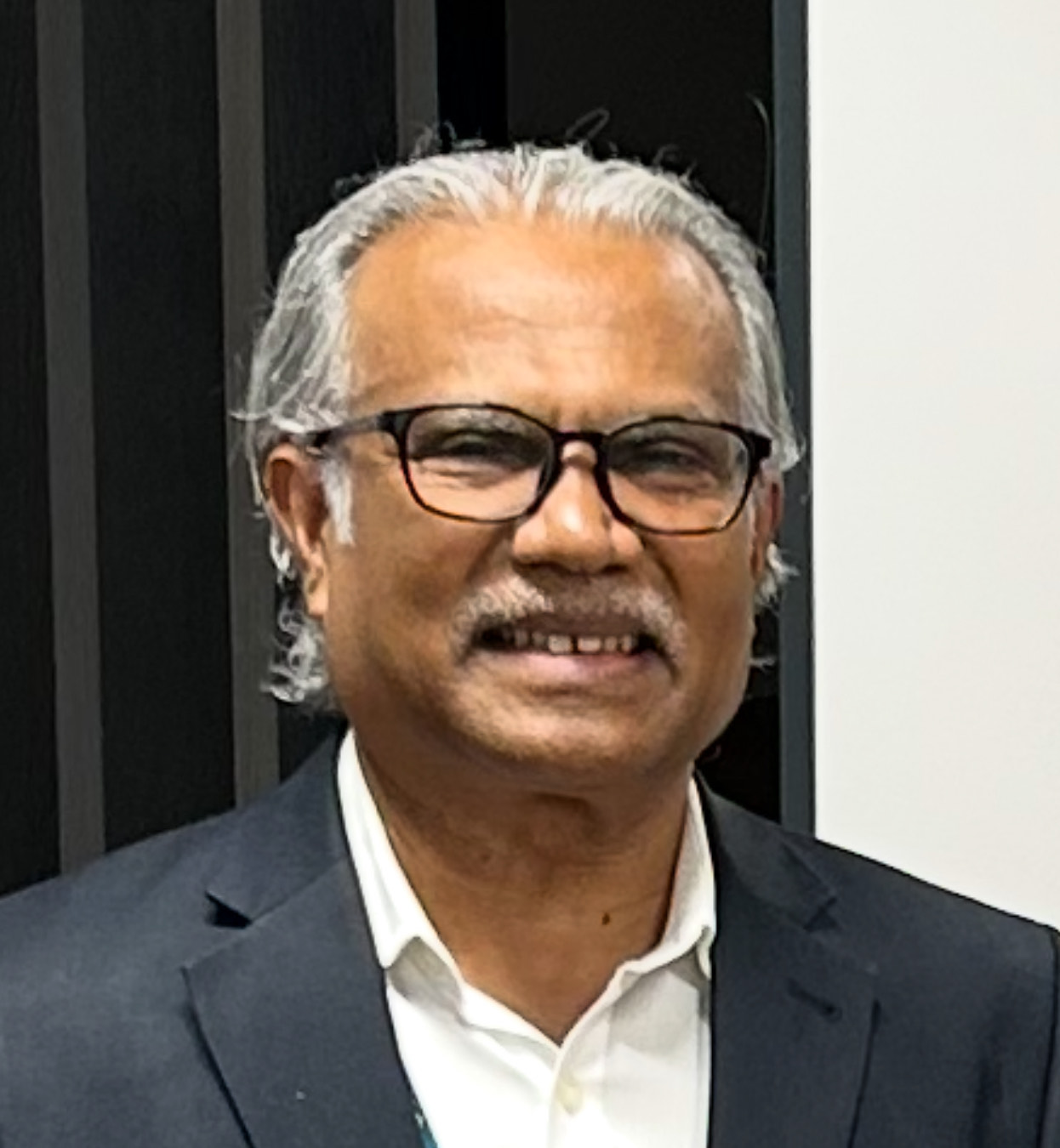
Dr. Mohamed Asim
Management Consultant & Researcher/Supervisor, Maldives
Dr Asim received his PhD from the Australian
National University where he researched on the
application of quality management practices in the
public sector. He also has an MA from the California
State University, Sacramento USA and a BA from the
American University of Beirut. Dr Asim has been the Program Manager of the
Doctoral Business Administration program and Senior
Lecturer at the University of Wales Trinity Saint
David UWTSD London campus from 2022. His primary
role is to manage and mentor doctoral scholars and
teach the first-year core module at the doctoral
level. His experience spans from supervising
doctoral students and organising and chairing
doctoral Vivas.
At UWTSD London, he was instrumental in organising
the annual Knowledge Exchange Symposium aimed at
providing a platform for doctoral and postgraduate
researchers to share their research on a wider
platform.
Previously he has taught MBA modules for the
University of West of England and the College of
Technology London.
Dr Asim is a full member of the British Academy of
Management BAM and has participated in their annual
conferences in 2023 and 2024 held at the University
of Sussex and University of Nottingham. He has also
reviewed papers submitted to the conference and
chaired conference sessions. Currently he is also on
the editorial board of the Journal of Management and
Training for Industries.
Dr Asim's primary research interests are in the
areas of quality management, performance management
and research methodology. He has published widely in
these areas in international journals including
Public Administration and Management journal and
Labour and Management in Development Journal
Contact email:
mohamed.asim@btinternet.com
Managing public sector organisations in a changing World: Perspectives from topic public sector officials on challenges and new skills requirements
Abstract:
The public sector has gone through massive changes
over the last two decades. New Public Management NPM
initiatives in a host of countries especially in the
developed country contexts has been instrumental in
the transformation.
NPM has advocated the adoption of private sector
management principles for effective service
delivery. While this has been challenging for the
public sector due to inherent organisational
differences in the nature of public and private
sector organisations, much success has been achieved
in a host of countries. The case of the United
Kingdon, New Zealand and Canada have been good
examples.
For the public sector, although the adoption or
adaptation of NPM has been achievable, the expected
organisational and transformational changes need to
be ascertained through cultural and attitudinal
changes and inherent role and centrality of top
public servants in implementing required
organisational changes.
The centrality of top public servants has been well
outlined and reported by the Commonwealth
Secretariat focusing on both developed and
developing country contexts. The Commonwealth report
outlined the evolving role of top public servants
which attempted to outline the pressures and demands
placed on top public servants including Permanent
Secretaries and Deputy Ministers whose
responsibilities is to ‘manage unparalleled change
while continuing to deliver services to the public’.
This research will attempt to revisit the role of
top public servants focusing on permanent
secretaries in the civil service and their evolving
role in the current contexts of global change, the
challenges faced and the skill sets required to face
current challenges. The research will also address
the question if this is a model that currently works
or is outdated to meet the requirements of the
current global contexts.
The data collected will be more focussed to the
context of a upper-middle income country, using the
Maldives as a case example, that practices the model
of a separate civil service with permanent
secretaries appointed as the administrative head of
the civil service organisation with responsibilities
of managing change and improving service delivery to
the public.
The methodology used is qualitative with views and
opinions of a sample of permanent secretaries across
the civil service and selected top public servants
in the government sector.
The findings will be used to undertake a broader
study in the Asian region to understand how the
public service is grappling with the new global
challenges of increased demand on use of AI for
improved service delivery and procurement, increased
transparency and effective skills development to
effectively carry out change.
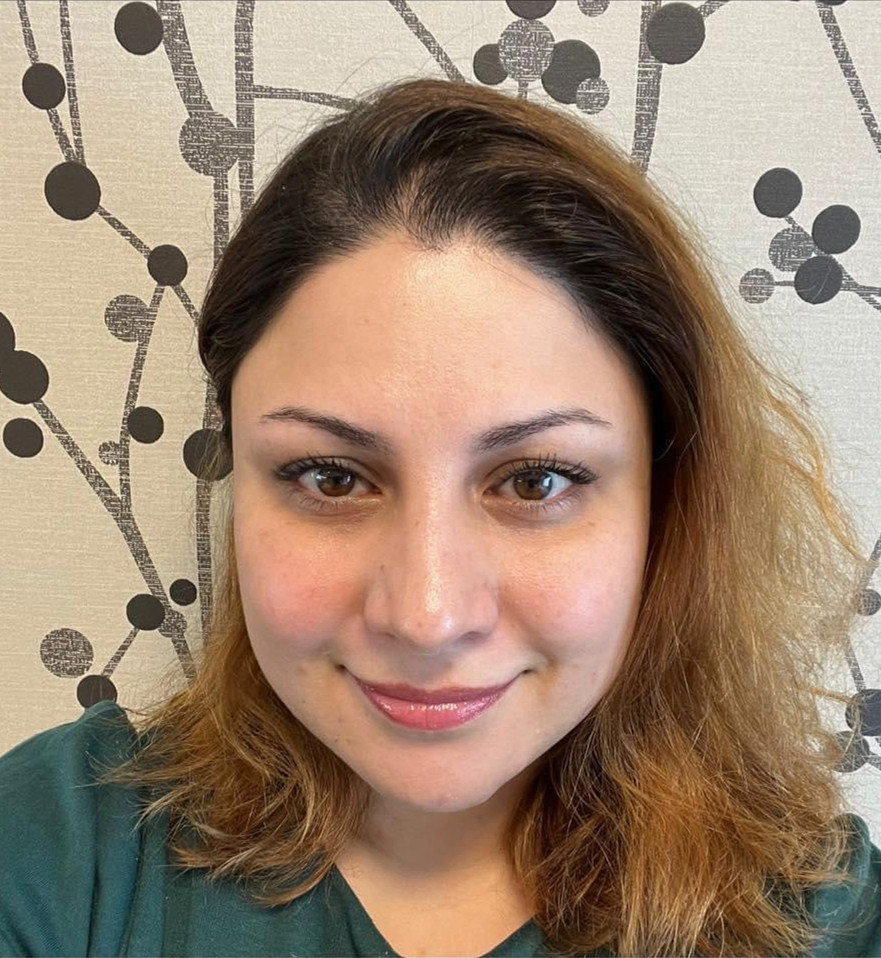
Prof. Hisayuki Sasaoka
National Institute of Technology, Asahikawa College, Japan
Hisayuki Sasaoka received his Ph.D. in Engineering from the Graduate School of Engineering, Hokkai-Gakuen University in 2000. From April to September 2000 he was a postgraduate at the Graduate School of Engineering, Hokkaido University. He then served in the Department of Electronics and Computer Engineering at the National Institute of Technology (Asahikawa KOSEN), Japan, starting from October 2000 until March 2025. Since April 2025 he has been a Professor (Thailand KOSEN) at the National Institute of Technology Headquarters (Japan) and a visiting professor at King Mongkut’s University of Technology Thonburi (Thailand). His research interests include e-Learning, Artificial Intelligence, Natural Language Processing, Machine Learning, and Machine Translation.
Advancement and Internationalization of Higher Education of Engineering at National Colleges of Technology (KOSEN)
Abstract:
The rapid advancement of generative artificial
intelligence (AI) technologies, exemplified by
systems such as ChatGPT and Gemini, has led to
significant expansion of their practical
applications. These technologies can perform a wide
range of language-related tasks, including the
summarization and translation of long and complex
texts.
To examine the effectiveness of generative AI in
educational contexts, this study conducted an
experimental evaluation. In the first experiment,
generative AI was employed to generate quiz
questions across multiple academic disciplines.
Although quizzes are an effective means of assessing
student comprehension, the processes of creating and
grading them individually can impose a considerable
workload on educators. To assess the quality of
AI-generated questions, we developed quizzes that
combined AI-generated items with questions created
manually by instructors. These quizzes were
administered to approximately 200 Japanese students
across three academic subjects. Analysis of the
results indicated that the AI-generated questions
were natural in phrasing and were positively
received by the students.
In parallel, a project has been underway in recent
years to internationalize and export Japan’s KOSEN
educational system to other countries. The authors
are affiliated with KOSEN KMUTT in Thailand and are
actively involved in this internationalization
initiative. As part of the project, they also plan
to report on the current state of engineering
education development, with particular attention to
the integration of AI technologies.
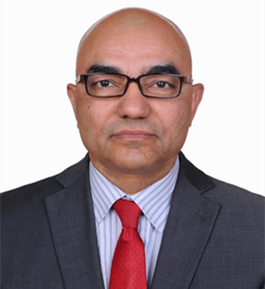
Dr. Shahid Anjum
Universiti Teknologi Brunei (UTB), Brunei Darussalam
Dr. Anjum has earned his
Ph. D. from Nagoya University, Japan for research
topic of Early Warning System for Financial Risk
using Data Mining Approach. He is a Certified Data
Privacy Solutions Engineer from Information Systems
Audit and Control Association (ISACA), a Certified
Investment Manager from Moody’s Canadian Securities
Institute and Certified in Banking Risks and
Regulations (ICBRR) from Global Association of Risk
Professionals (GARP), USA. He has studied in the
“Master of Computer Science program” at the
Department of Mathematics and Computer Science,
School of Engineering, University of Detroit in
Michigan, USA. He also holds M. Phil. Economics
degree.
Dr Anjum has served as Deputy Director of Brunei’s
Crown Prince Award’s Committee for Creative,
Innovative Products and Technological Advancement
(CIPTA) Seminar, as Deputy Director of ‘Digital and
Creativity Research Thrust’ at School of Computing
and Informatics and Senior Asst. Professor at School
of Business. Dr Anjum has also served as Program
Leader for Applied Economics and Finance as well as
for Marketing Information System Programs. He is
currently serving as Partner consultant and
Exclusive Representative for select ASEAN countries
for Tech6 digital solutions, Singapore and
German-owned independent subsidiary enterprise
(ATECS AG, Switzerland). For Tech6 digital
solutions, Dr. Anjum role is to manage teams to
looking after the domains of IT infrastructure
development, system integration, software
development, Data Science, Artificial Intelligence
(AI) and ICT import-export to achieve market share
enhancement targets in ASEAN 4. The German
Subsidiary is involved in the domains of digital
security, digital forensics, surveillance and
monitoring and Dr Anjum has the high-profile role of
expanding professional partnership with relevant
government authorities in assigned destinations. Dr.
Anjum has been a member and coordinator at ‘Center
for Innovative Engineering’ at Universiti Teknologi
Brunei (UTB) till 2024. He has served as an Adjunct
Professor at College of Business & Information
Technology, Lawrence Tech., Michigan, from 2008 till
Jan 2015, has worked at Royal Bank of Canada
(2011-2014) and at Asian Development Bank Manila
(1998).
In the nutshell, Dr. Anjum has served in diverse
roles like university faculty positions, member of
university Vice Chancellor’s Advising teams, banking
and international financial organizations,
Corporations’ Boards and as an Investor and digital
entrepreneur roles in various countries like Canada,
Japan, USA, Indonesia, Brunei Darussalam, Pakistan
and Philippines. Dr. Anjum has rich academic
research profile and has served as a Program Chair
for the International Conference on Database and
Data Mining) held in Chicago, USA in 2015. He has
delivered various invited keynote speeches including
on the topics of “Impact of Digital Maturity and Big
Data towards Total Quality Management” (2022, UTB,
Brunei), “Blockchain in Education: A Discussion in
Digital Ecosystem Transformation & Resilience”
(https://www.aeit.net/aeit2024.html) (AEIT 2024,
Japan), Digital Innovations, Entrepreneurship and
Digital Start Ups (2025, Univ of Poonch),
“Blockchain and Generative AI in Education: A
Discussion in Digital Ecosystem Transformation”
(AEIT, 2025, Japan)
(https://www.aeit.net/aeit2025.html), Adoption of
Digital Transformation: Social Resilience Towards
Sustainable Development
(https://www.ic4e.net/2024.html) (IC4E, 2024,
Japan), Digital Economy and Entrepreneurship (2025,
Comsat). He has been moderator to expert forums, has
served as Session Chairs to over ten conferences and
as a technical committee member to over 20
conferences. Dr Anjum’s research has received Best
Paper Awards in Tokyo and ASEAN countries. Dr. Anjum
is a senior member of various Computer and
Information Technology, Digital Finance and Economy,
Management and Development Economics related
associations and societies. Dr. Anjum is a widely
published author and his publications have appeared
in reputable Scopus journals including in IEEE
Series and Springer publications. He has also
written chapters in book series and currently three
books are underway with Taylor and Francis Group and
Nova Publishers on Digital Banking & Digital
Finance, Fintech & Cryptos, Digital economy.
Dr. Anjum has conducted and has led various
consultancy projects as well as training workshops
and mentorship programs for Entrepreneurs’ bootcamp
for at Darussalam Enterprise (DARe). As Principal
Researcher, Dr. Anjum has been a part of team for a
project submitted to Brunei Research Council to
implement technology transfer from Malaysia and
Switzerland to Brunei regarding setting up of
Islamic Fintech Lab, gold and silver-based mobile
wallet applications, embedded with secured
blockchain and Ethereum technology. His current
research interests include, among others,
applications of data mining and business
intelligence, artificial intelligence and process
re-engineering, internal audit of financial and
digital maturity, blockchain and banking risks,
assurance and risk management of financial
information technology (fintech) and models of
digital economy and smart finance, besides, role of
digital and AI technology in education.
AI Agents and Chatbots, Ethical Dilemmas and Policy Guidelines for Universities: Roles and Risks of AI, Gen AI and Converse AI in Education 5.0
Abstract:
The presentation will start with brief description
of developments in digital ecosystem, digital
infrastructure and digital technologies which have
enabled Artificial Intelligence boom along with a
brief perspective on Education and Education 4.0 and
5.0 frameworks in digital era through the lens of
history regarding the AI Journey over time. The
discussion flows into the digital technologies
empowering the Education 5.0 revolution including
internet of things, big data, blockchain, 5G, 3D
printing, Robotics, Unmanned Ariel Vehicles etc. The
historical sequence of AI developments in Education
will be presented through various phases of AI
development to the latest versions of Generative AI.
A brief introduction on artificial intelligence
(AI), generative AI, and conversational AI, and the
relevant tools of all these forms as well as general
digital education tools will be discussed. General
digital education tools include Multimedia
presentations, electronic whiteboards, Interactive
classrooms, simulations, Virtual reality, Video
conferencing and Online learning while AI tools
include tools for Text generation, Image generation,
Voice synthesis, Video generation, Presentation
making and Quiz generation. AI explosion including
data mining and pattern recognition models, Large
Language Models (LLMs), Open Sources LLMs - Running
Locally, Prompt Engineering as well as Chatbot AI or
AI Agents versus non-Chatbot AI tools will be
introduced. Before taking up on the discussion of
AI’s promise for education, a brief discussion on
the objectives and themes in education, the dynamics
of learning and four traditions (positivism, social
perspective, tacit communitarianism (common-sense
normalisation of Knowledge engineering, and
computational approaches like organizational
learning and intelligent systems) and cognitive
disconnect in L&T practices will be discussed. Good
teaching practices, good course design and
traditional learning from expository text will be
briefly taken up to bridge the context from
technology to education and then seamlessly to the
application of AI in education.
AI applications aim to help teachers reduce
workloads by automating tasks such as assessment,
plagiarism detection, administration and feedback.
AI’s promise to promote personalized learning,
Adaptive Learning, Universal Access will be
discussed as well as the applications of AI-Powered
Solutions from policymaker’s perspective, for
Teachers, for Students, for Researchers, for
counsellors and for Administration will be
discussed. Various AI-Powered Solutions for
Teachers, for students and for administrators will
be discussed. AI-Powered Solutions for Teachers
include AI-powered mentor for attraction and
retention, AI-powered feedback for professional
development, AI-powered lesson plans and other
teaching contents and automated routines for
efficiency in teaching role. For students,
AI-Powered Solutions include AI-powered tutors for
personalized learning and use of AI for assignments.
List of AI-Powered solutions for administration is
also broad which includes AI-powered assistant to
streamline Processes, Early warning systems for
proactive detection and centralized assignment
repository for efficient resources allocation.
Lastly and highly important part of this keynote
speech will be about major ethical implications of
AI in education and to discuss about various forms
of risks, policy guidelines and best practices
related to AI in the classroom setting as well in
educational organizations. Various topics that will
be covered in this section are about AI chatbots,
Privacy and security, copyright and intellectual
property, misinformation, Stereotypes Access Bias,
Attribution, Transparency, Citation & Attribution,
Truthfulness & Accuracy, Pedagogic strategies and
Academic integrity etc.
